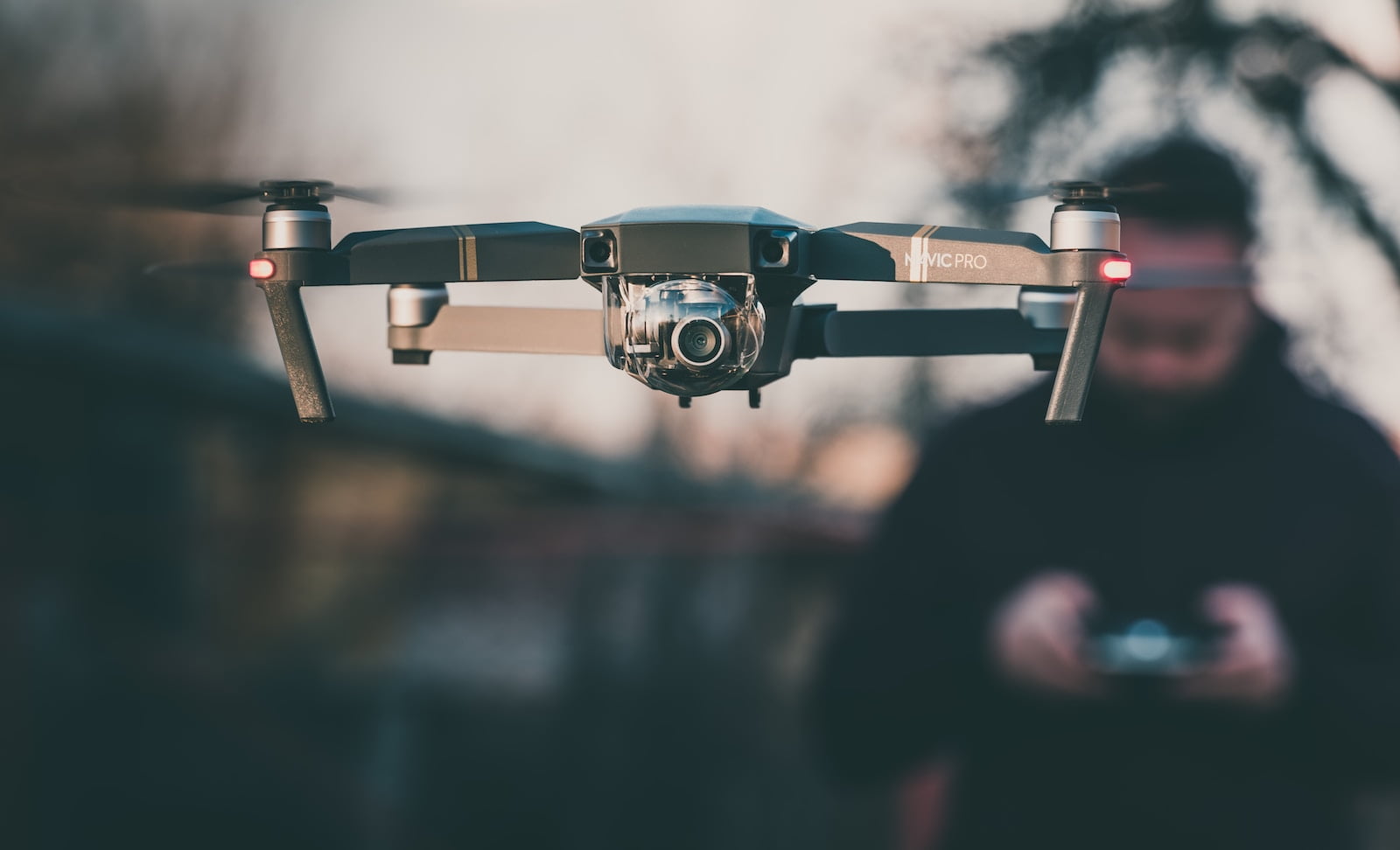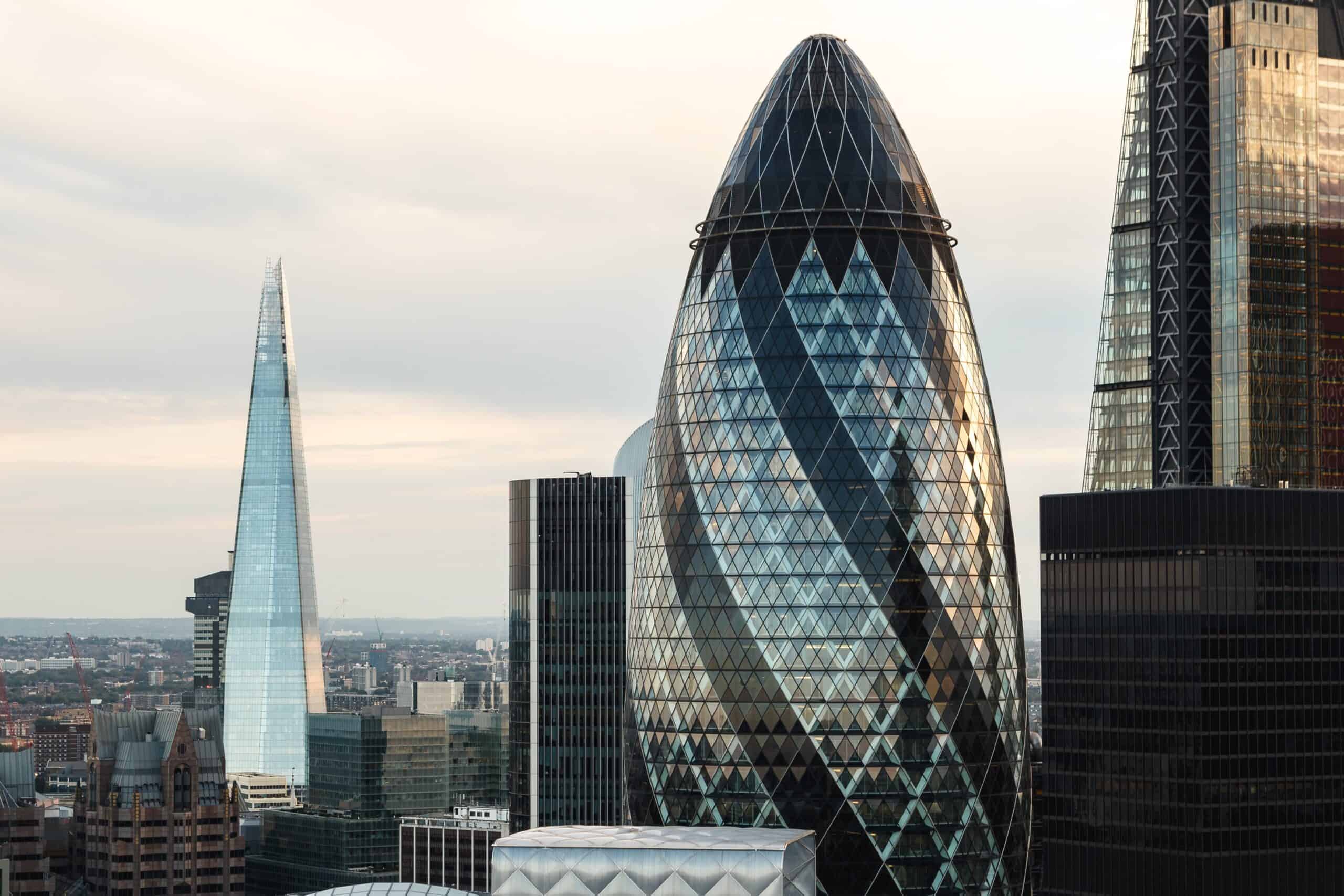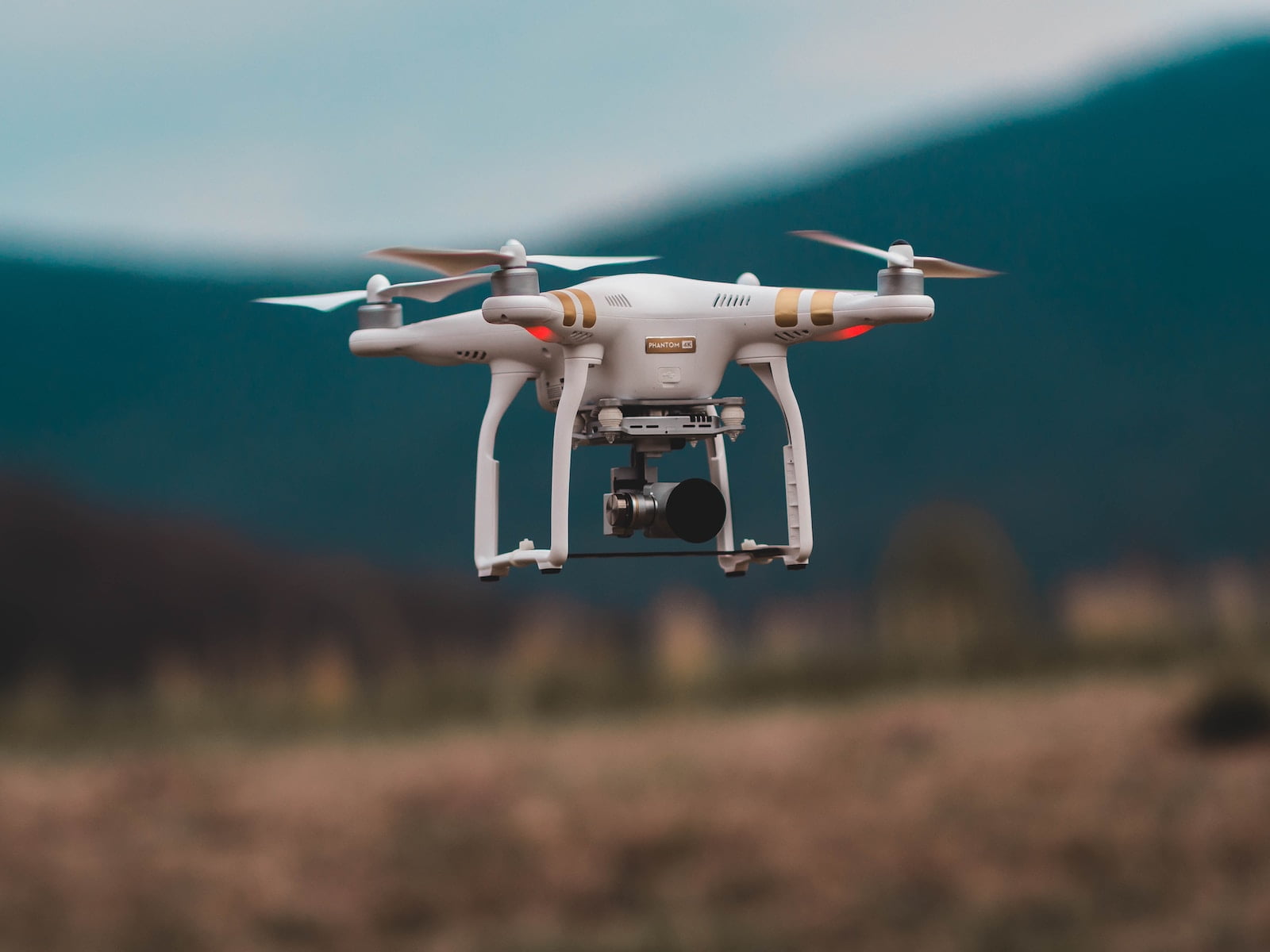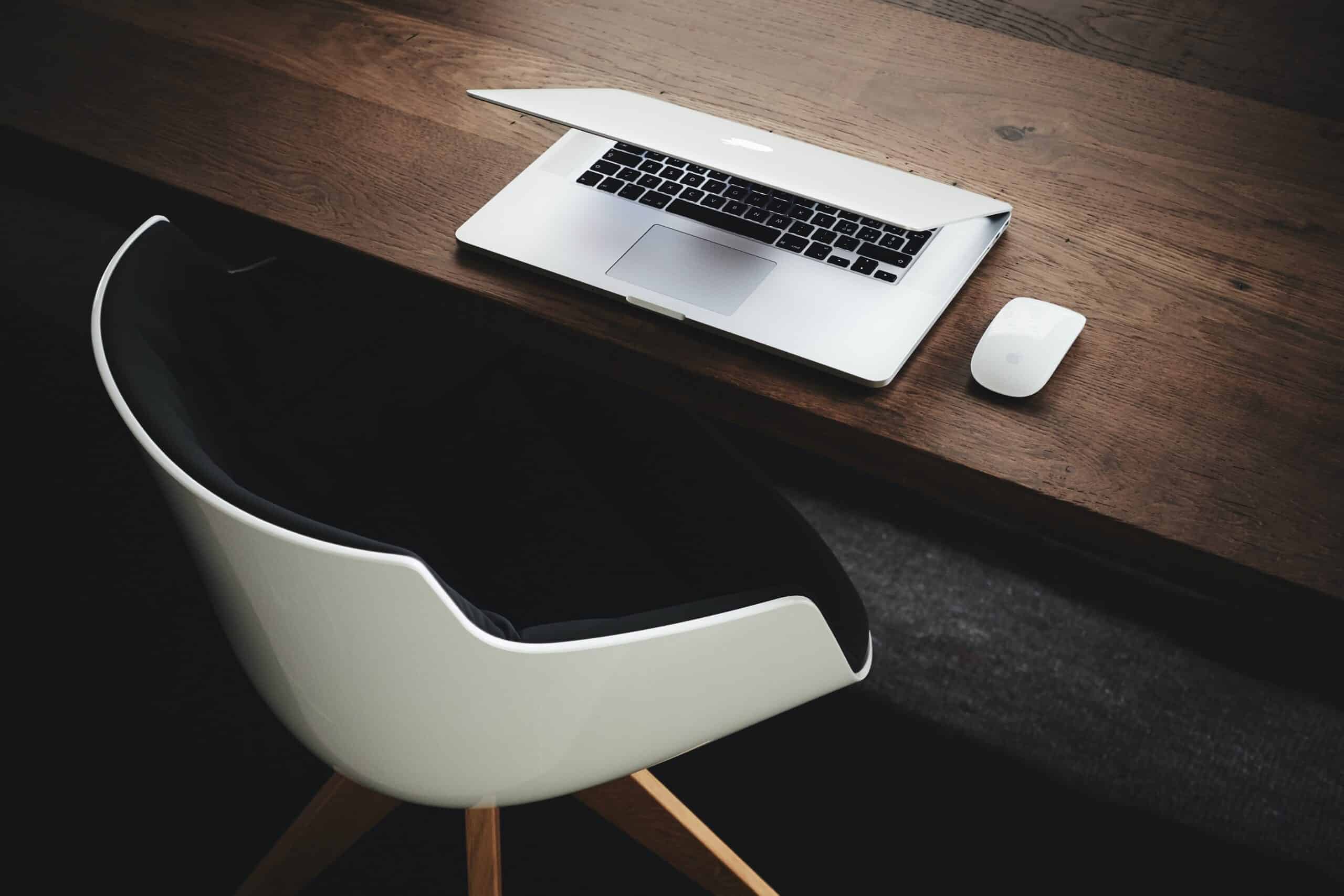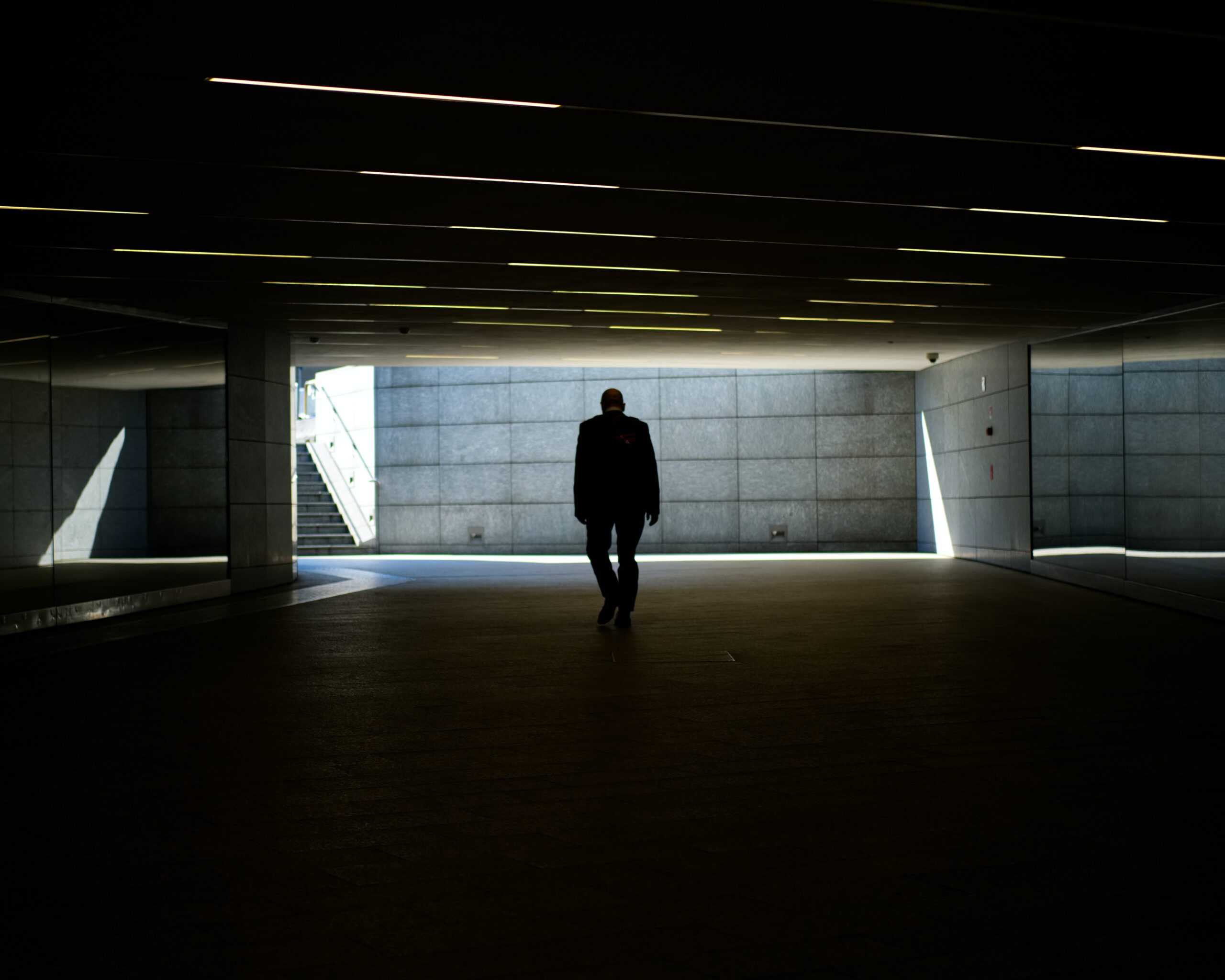In Snow Phipps v. KCAKE Acquisition, [1] the Delaware Court of Chancery ordered the buyer (Kohlberg) to close on its $550 million agreement to purchase DecoPac, a cake decorations supplier. In doing so, the court easily rejected the buyer’s claims that the COVID-19 pandemic resulted in a material adverse effect (“MAE”) and that the steps taken by the company to respond to the pandemic breached the ordinary course covenant. More novel was the way in which the court sidestepped the near-universal construct in leveraged buyouts that the seller will be entitled to a specific performance remedy requiring the buyer to close only if the buyer’s debt financing is also available. The court—pointing to the “prevention doctrine”—concluded that the buyer’s failure to use reasonable best efforts to obtain the debt financing was a breach of the agreement and, therefore, the buyer could not rely on the unavailability of debt financing to avoid being required to specifically perform its obligations under the contract. While alternative financing for the DecoPac transaction proved to be available and Snow Phipps and Kohlberg have agreed to close later this week, financial sponsor buyers will need to continue to be vigilant in ensuring that the prevention doctrine does not erode the remedies architecture that has become ubiquitous in leveraged buyouts.
Background
The plaintiffs in the litigation were Snow Phipps Group, LLC, a private equity firm, and DecoPac Holdings Inc., the parent company of a supplier and marketer of cake decorating products to supermarkets for use in their in-store bakeries (together “DecoPac” or the “sellers”). [2] In the early months of 2020, as the COVID-19 pandemic began to worsen, DecoPac negotiated a sale of its cake decoration supply business to private equity firm Kohlberg & Company (“Kohlberg”). [3] The negotiations culminated in a $550 million stock purchase agreement (“SPA”) signed by DecoPac and Kohlberg’s acquisition vehicle KCAKE Acquisition, Inc. on March 6, 2020. [4] The $550 million purchase price reflected a $50 million reduction obtained by Kohlberg in the 48 hours prior to signing, reflecting Kohlberg’s estimates of the anticipated impact of the COVID-19 pandemic and market volatility on the DecoPac business and Kohlberg’s cost of financing the acquisition. [5]

